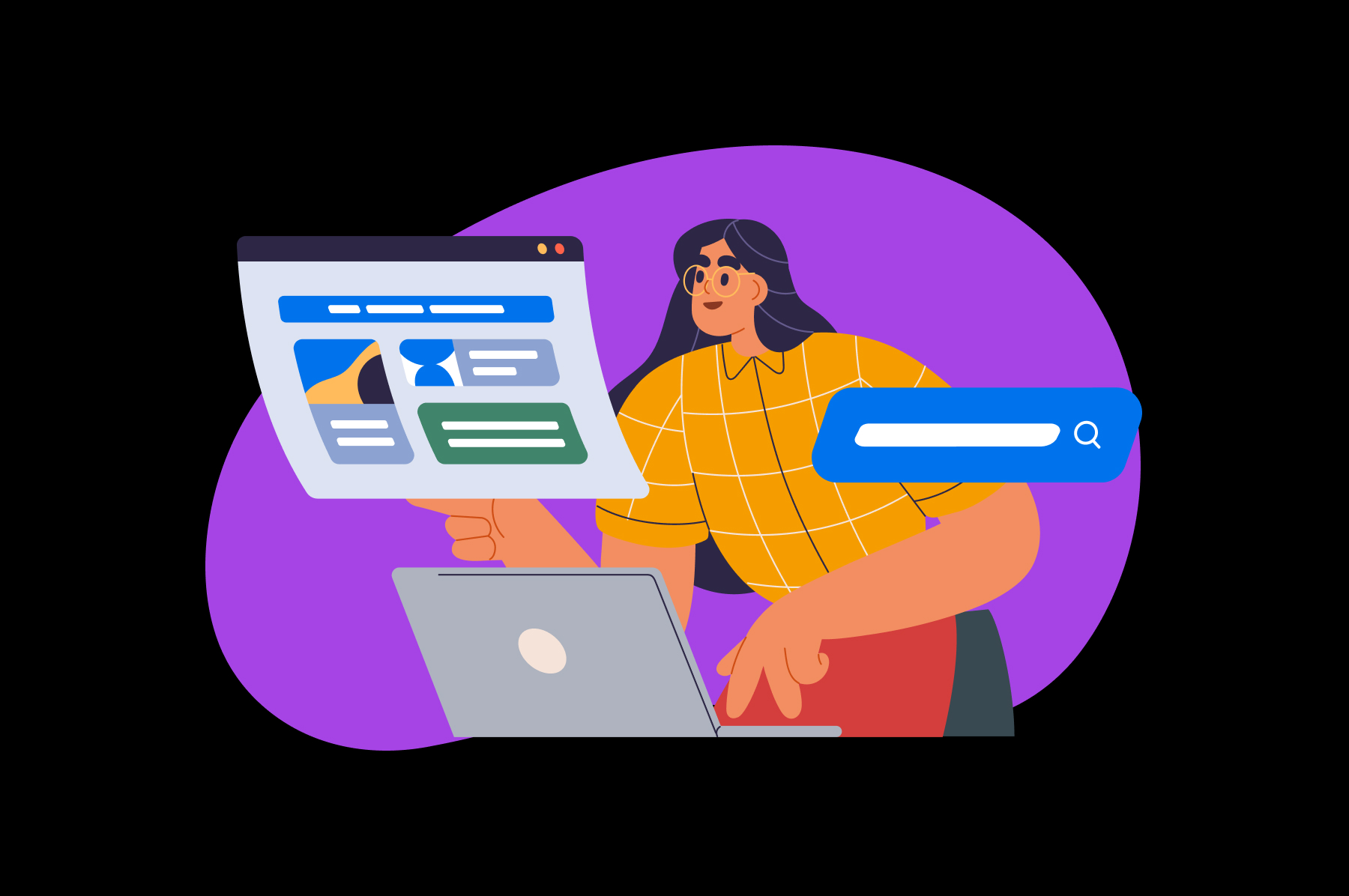What is an Unnatural Link?
An unnatural link is any link that artificially improves a page’s ranking in search results. These are created to manipulate PageRank, usually through link schemes.

More About Unnatural Links
As content is published online, natural links are built, or earned, over time. Essentially, one website links to another to give the reader extended information about a topic. When a certain web page gains a large volume of high quality backlinks, its SEO improves.
However, unnatural links can harm a site’s rankings. If someone purchases backlinks for the purpose of manipulating the search rankings, these are considered unnatural links. Google can also penalize website owners for spamming other websites with irrelevant links to their content. To check a website for unnatural links, you can use a tool such as Semrush, which can perform a backlink audit.
Types of Unnatural Links
Link farms and spammy websites
Link farms and spam websites are sites that have a large number of links pointing to other sites, often without context or relevance. These links typically appear in large numbers, which can lead to search engines penalizing the websites being linked to by these link farms or spammy websites. This is because search engines view this type of linking as an attempt to manipulate their algorithms for the purpose of ranking higher in the search engine results page (SERP). As a result, these types of unnatural links can damage a website’s reputation and decrease its overall ranking in SERPs.
Low-quality guest blogging
Low-quality guest blogging is a practice in which websites or blogs accept articles from writers who have no expertise or credentials in the given subject, in exchange for a link back to their own website. These links are often generated on low-quality sites that may not provide value to the reader and can contain irrelevant and spammy content.
Because content is king, this type of artificial link building can be viewed negatively by search engines, as it often looks like an attempt to manipulate rankings. The result of engaging in this practice may lead to a website’s ranking being penalized or even banned from appearing on SERPs altogether.
Paid links and advertorials
Paid links are when website owners pay for other websites to link to theirs, intentionally trying to increase the rankings of their websites in search engine results pages (SERPs). These can be advertorials, which is a form of advertising that uses the format of an article or blog post to promote a product or service. Advertorials usually contain unnaturally high keyword density and content that would not ordinarily be present on an authentic article. Search engines usually view paid links as unnatural and spammy, as they often lack relevance and value for readers.
On top of this, some websites may also use irrelevant anchors or exact-match domain names for paid links, which search engines usually penalize more severely.
Cloaking and sneaky redirects
Cloaking is a technique used to show search engines different content than the one actually seen by users. Cloaking involves providing web pages with content that is optimized for search engine crawlers, but not necessarily useful or appreciated by the actual readers. This practice can also involve redirecting visitors to a different page than the one they were expecting to land on when coming from a search engine, without them knowing it.
Sneaky redirects take this even further by using deceptive techniques to hide their presence from search engines. Such techniques include the use of JavaScript, meta refreshes and server-side redirects. These types of links are often associated with malicious activities such as phishing and malware distribution, which makes them particularly dangerous for online businesses and website owners.


